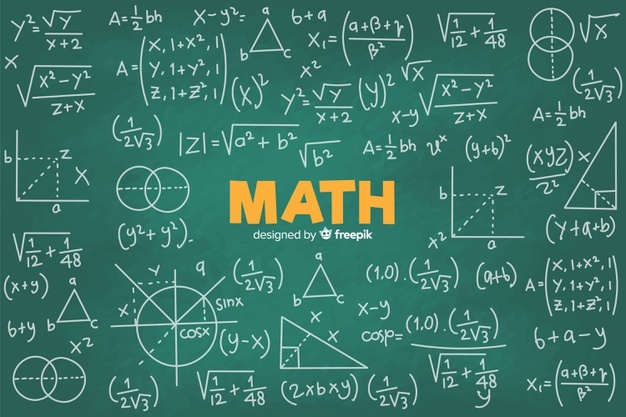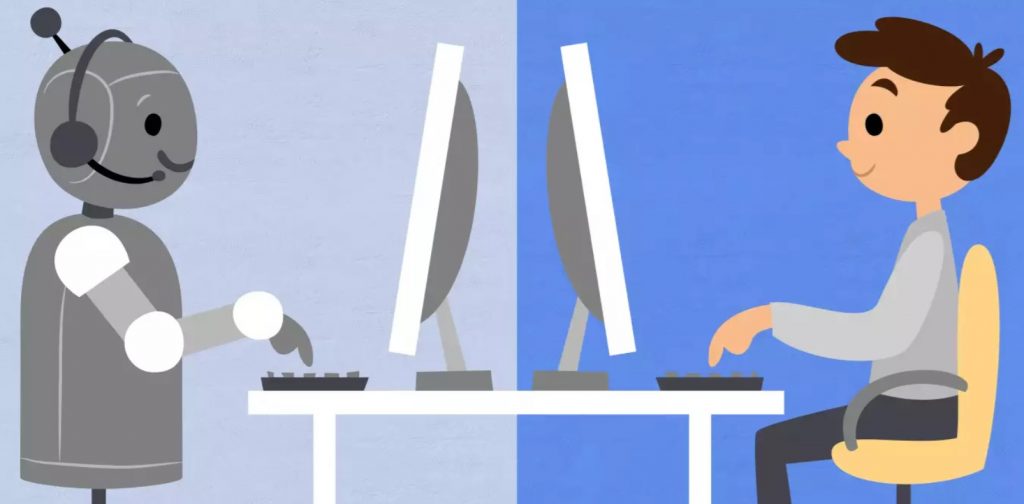Curated by the Knowledge Team of ICS Career GPS
Education

How much Math do you actually need for Data Science?
Excerpts from opinion piece by Emmett Boudreau published in towardsdatascience.com
The Data Science domain is one which often requires a larger set of skills than most related software-engineering domains. One of the most common questions I am frequently asked as a Data Scientist is “ How much math do you actually use for Data Science?”
The answer is more complex than most average people might imagine. Data Science is a large field with many other disciplines residing beneath and within it. A great example is a data engineer, who might occasionally need to use some linear algebra, but is much less likely to be working with many numbers and statistical tests. Furthermore, while ML might require a lot of knowledge of algorithms (mostly derived of statistics) , it is unlikely that a primarily analytical Data Science job is going to require the same level of statistical knowledge.
So how much math do you actually need for Data Science? There are three main types of mathematics that are primarily used in Data Science. Linear Algebra is certainly a great skill to have, firstly. Another valuable asset to any Data Scientist is statistics. The last important thing to remember is that these mathematics need to be applied inside of a computer. That means that you not only need to have an in-depth knowledge of mathematics, but also the computers and how to program the mathematics on the computer.
Linear Algebra
So how much linear algebra should you know in order to do Data Science? One requirement would certainly be a knowledge of matrices, basic operations with said matrices, and a solid understanding of matrix dimensions. While it is true that often model input will be one dimensional and be fairly simple in shape, having an understanding of more complex arrays is certainly a valuable skill-set.
Statistics
The Science part of Data Science comes from the statistical testing that most Data Scientists engage with. Of course, this is a large part of the analytical side of Data Science. Statistical testing is an important step that can be used to prove things to be valid with data, which is a powerful thing to consider!
Furthermore, statistics most certainly have their place in machine-learning models. Many machine-learning models use statistical weighting to hold statistics to certain values and scenarios to learn from. Statistics are an incredible tool because they allow a computer to weigh and predict off of older information.
So how much statistics should you know to do Data Science? A great start would most certainly be to get a strong foundational knowledge of statistical formulas. Any aspiring Data Scientist should probably learn the statistical Greek alphabet.
Having a knowledge of distributions and one/two-tailed testing. Optionally, knowledge of basic functions and differential equations such as beta, gamma, phi, and maybe some procedural density and cumulative functions.
Computational Mathematics
The most important thing to remember with all of this information is that the job is called Data Scientist, not Mathematician. Something that is often understated is the significant impact that solid programming skills will have on the job.
Often as a Data Scientist, many of the statistics and mathematical operations are already written into a well-established package. So, while you might want to learn more about doing more complex statistics, it is important to remember that often you are not going to need the formulas.
With that in mind, it makes sense to use dependencies quite frequently as a Data Scientist. This is why skills in managing virtual environments and dependencies are certainly a very valuable asset, as well.
Career

Your next job interview could be without an interviewer!
Excerpts from article by Julie Weed published in The Times of India website
So much of our work lives has moved online during the pandemic. It has also led companies to conduct “interviews” without an interviewer.
Job applicants are being asked to video record answers to set questions about their experience, skills and personal qualities.
So-called case questions that pose a business problem and would typically lead to a 30-minute conversation with a hiring manager may now require solely written responses. Online tests and games are also being used to measure job seekers’ cognitive skills.
These systems are mostly used for high turnover jobs. However, they are now increasingly being used for professional jobs too, especially in the technology, consulting, financial and health industries.
Advantages of this process
- Recruiters no longer have to spend large parts of their days in scheduling and taking interviews
- The company can evaluate more applicants
- Hiring bias is reduced to some extent since each applicant is asked the same question in the same way
- Job seekers can complete the interview tasks when it is convenient for them rather than working around the recruiter’s schedule
Challenges
- A job seeker who started off shakily, but pulled herself together and finished strong, may not have her entire interview watched by the recruiter
- Questions like ‘Give me an example of your creativity,’ or, ‘Tell me about a challenge you faced,’ have answers that vary in length, but in case of a recorded interview, a specific time limit is set. This may require extra preparation from the candidates.
- The impersonal nature of the process can add to stress
(Disclaimer: The opinions expressed in the article mentioned above are those of the author(s). They do not purport to reflect the opinions or views of ICS Career GPS or its staff.)
Like this post? For more such helpful articles, click on the button below and subscribe FREE to our blog.




